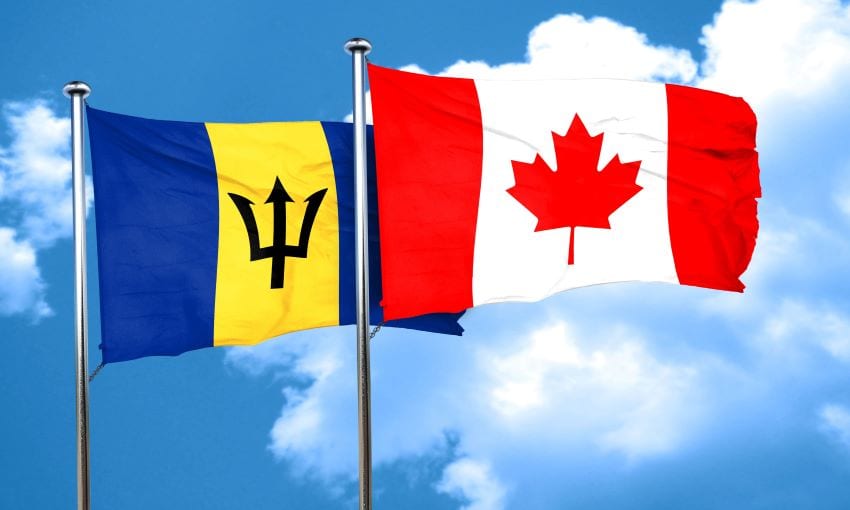Barbadian musician, cultural administrator and businessman Pierce Antonio Rudder has called for a new era of respect for intellectual property rights in Barbados and the wider Caribbean, warning that the region’s creative industries cannot thrive without proper recognition and compensation for creators.
Rudder issued the challenge yesterday as he received an honorary Doctor of Literature (D.Litt) degree during the University of the West Indies (UWI) Cave Hill Campus graduation ceremony.
The veteran cultural advocate, whose career spans more than four decades and includes serving as chief executive officer of the National Cultural Foundation (NCF), said too many Caribbean societies still operated under what he described as a “free use” mentality.
“We have no respect for the owners of copyright and we seem not to understand the true value and the need to protect the rights of authors and publishers,” Rudder told the graduating class of 2025. “It is there; we use it. We have become a free use society.”
He said while copyright had long been a cornerstone of global economic growth, the Caribbean continued to lag behind in both understanding and enforcing those protections. Pointing to examples such as the United Kingdom’s 1710 Statute of Anne and the United States’ 1790 Copyright Act, Rudder reminded graduates that the concept was centuries old and essential to modern wealth creation.
“Whether we are prepared to accept it or not, artificial intelligence opens the door to new innovations and economic growth but we must remember that copyright industries contribute enormously to the gross domestic product of the world’s leading economies,” Rudder said.
He argued that fair licensing was the key to achieving balance between creators and users, particularly in a digital age where artificial intelligence systems rely on vast amounts of creative data. He said that licensing arrangements allow creators to control the use of their work and ensure fair compensation.
“Licensing is the key to addressing the complexities of fair use,” he said. “It allows for negotiation of the
conditions of use in a digital age, ensuring that works are used respectfully and that their exclusive nature is protected.”
The former NCF head lamented that despite having comprehensive copyright laws, Caribbean governments failed to obtain proper licences for the use of intellectual property. He described this as a long-standing oversight that hindered the development of the region’s cultural economy.
“In Barbados, despite the comprehensive legislation provided by Governments over time, it is interesting that none has obtained a licence for the use of intellectual property. Not one Government has found it necessary,” he said.
Leadership role
Rudder also praised UWI Cave Hill for taking a leadership role by obtaining a licence for the use of intellectual property through the Barbados Reprographic Rights Organisation (BIPOC), noting that it took nearly a decade of negotiations to finalise but had proven worthwhile.
He warned that without strong copyright enforcement, investments in the creative sector would continue to yield little return, adding that regional cooperation was vital for sustainability.
“Any investment in cultural industries is destined for economic failure without the support of robust enforcement of copyright legislation and effective licensing,” he declared.
Rudder shared a poignant reflection from his book Marching to a Different Drummer, noting that too many local artists had been left disillusioned after decades of creative service.
“The Barbadian landscape is dotted with the remains of frustrated artists who never understood that their vision of nirvana was not attainable under mere promises of well-meaning politicians and administrators,” he said, urging the next generation of UWI graduates to stand together and use their intellectual gifts to build a fairer creative economy. (CLM)
The post Call to protect intellectual property appeared first on nationnews.com.


